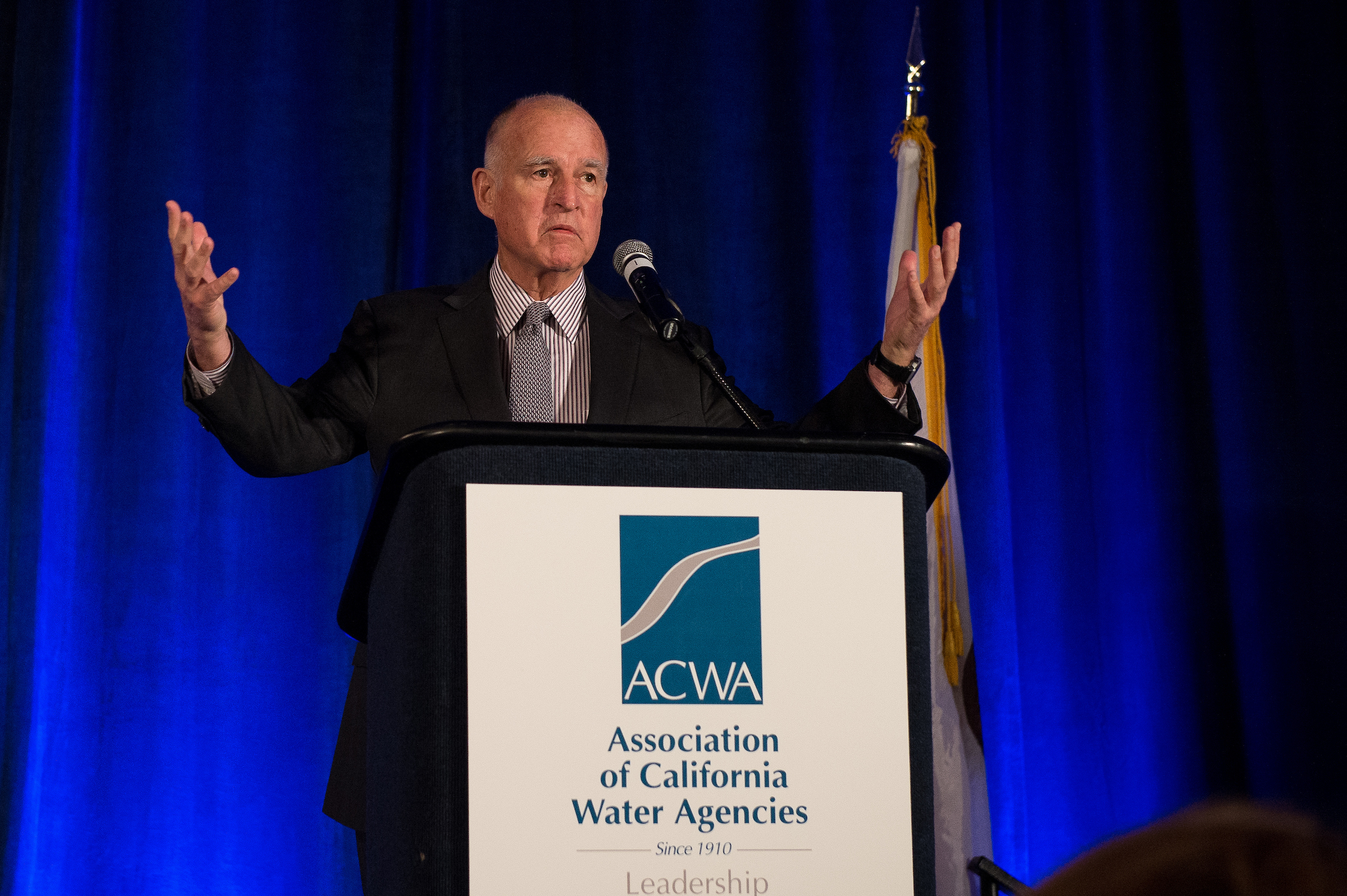Study Says Delta Tunnel Plan Would Help Farmers And Cities

My story: Study commissioned by Brown administration says his Delta tunnels plan would pay off for farmers, cities https://t.co/mkrrcx5CpL
— Ryan Sabalow (@RyanSabalow) February 13, 2018
A new study conducted by Governor Jerry Brown’s advisors for his controversial Delta Tunnel plan (reportedly the plan known as California WaterFix has been reduced from twin underwater tunnels to a single one) in an effort to divert water from the San Joaquin-Sacramento River Delta is designed to assist farmers and California cities. Conservations worry that the plan will have a negative impact on the Delta’s fish species like already struggling Chinook salmon.
Here’s more from the Sacramento Bee’s Ryan Sabalow:
Even a single water tunnel burrowed under the California’s Delta would be worth it for urban ratepayers and farmers who would to pay to build and maintain the project, according to an analysis released Tuesday by Gov. Jerry Brown’s administration.
The Department of Water Resources commissioned David Sunding, a professor of natural resource economics at UC Berkeley, to conduct a cost-benefit analysis of Brown’s Delta tunnels project. His report concludes that benefits outweigh the costs to ratepayers in every scenario he analyzed under a one-tunnel approach.
After key San Joaquin Valley agricultural districts announced last year they couldn’t affordthe project, Brown’s administration announced last week that officials were moving forward on a phased-in approach to the tunnels, starting with building a single pipe under the Sacramento-San Joaquin Delta in the coming years. The tunneling project is officially known as California WaterFix. …
Tunnels opponents say the Brown administration has long overstated the benefits of the tunnels and relied on overly rosy projections. Critics say diverting river water through one tunnel or two would worsen the Delta’s fragile ecosystem, further contribute to the demise of several imperiled fish species and harm water quality for Delta farms and cities.



